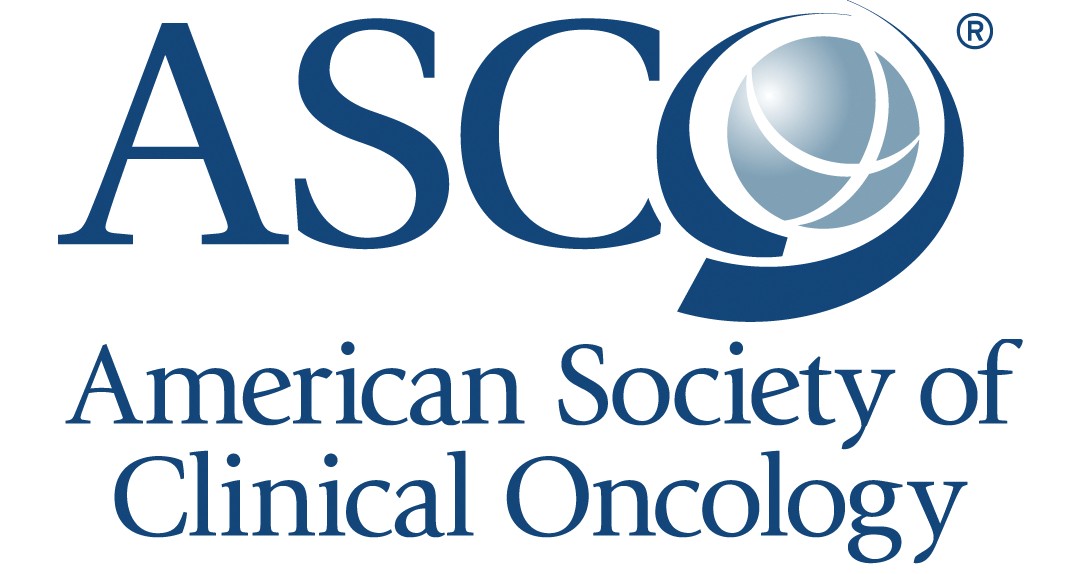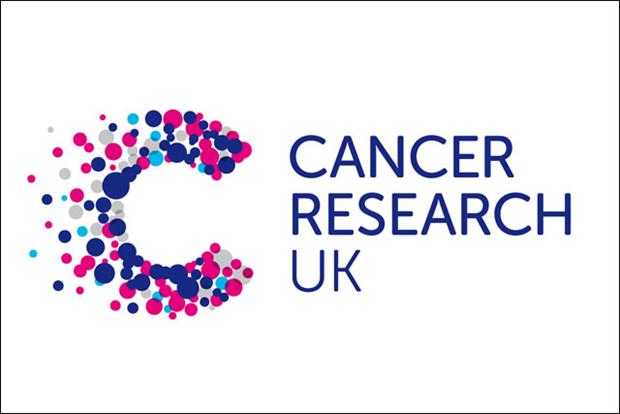Share this Page:
Results of a retrospective study presented during the 2021 American Society of Clinical Oncology Genitourinary Cancers Symposium (ASCO GU) looked at the effect of immune checkpoint inhibitors (immunotherapy, e.g. nivolumab, ipilimumab, pembrolizumab) on the survival of patients with metastatic non-clear cell renal cell carcinoma (RCC) compared to targeted therapy with vascular endothelial growth factor (VEGF) inhibitors (e.g., sunitinib, pazopanib, axitinib) or mammalian target of rapamycin (mTOR) inhibitors (e.g. everolimus).
Immunotherapy has been shown to be effective in extending survival in patients with metastatic clear cell RCC and has become standard first-line treatment for these patients. Although non-clear cell RCC represents about 15% of all kidney cancers, studies on the effectiveness of immunotherapy in patients with metastatic non-clear cell RCC remain limited.
This study addresses this unmet need by analysing real-world data from an international database. Researchers categorised 1,181 patients who had metastatic non-clear cell RCC into three groups based on their first-line treatment: single-agent VEGF therapy, single-agent or combination immunotherapy, and single-agent mTOR therapy.
The overall survival time in patients treated with an immune checkpoint inhibitor was 28.6 months compared to 19.2 months for VEGF inhibitors and 12.6 months for mTOR inhibitors. The rate of tumour shrinkage (response rate) for patients on immunotherapy was 25%, 17.8% for those on VEGF inhibitors and 5.8% for those on mTOR inhibitors. Also, time-to-treatment failure (progression-free survival) was 6.9 months for immunotherapy, 5.1 months for VEGF inhibitors and 3.9 months for mTOR inhibitors.
“Immune checkpoint inhibitor-based front-line therapy appears to be associated with improved [survival] compared to VEGF and mTOR targeted therapy in treatment-naive metastatic non-clear cell RCC, ” said Dr Jeffrey Graham from the University of Manitoba in Canada.














